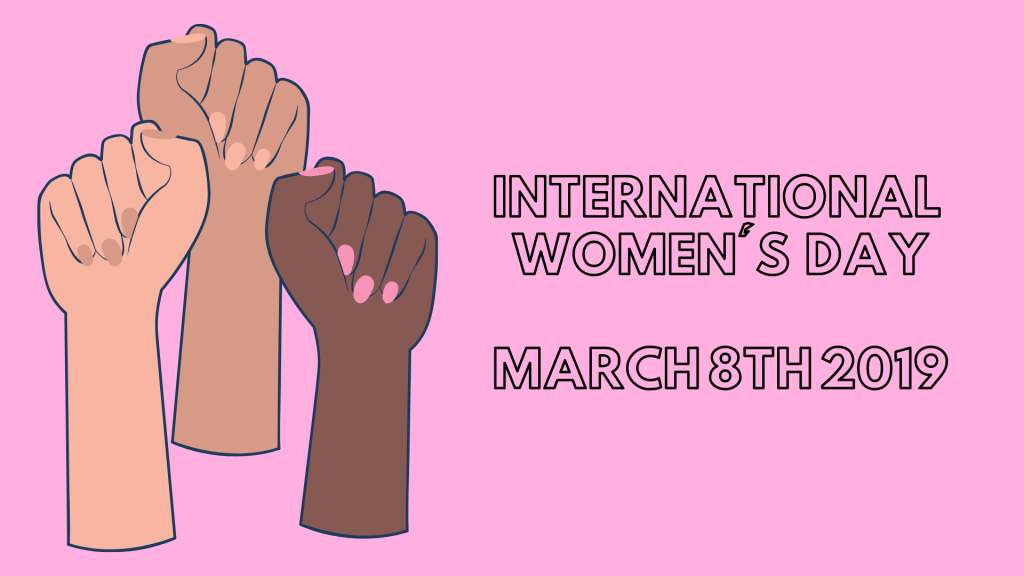STEM (Science, Technology, Engineering and Maths) careers are often dominated by men, and the amount of women graduating with or working in STEM subjects has typically been rather small. Women in STEM is a movement which aims to target girls who want to study and work in STEM subjects, as well as highlighting issues of gender inequality.
As today is International Women’s Day, we want to celebrate women in STEM. In order to (hopefully) inspire more girls to pursue STEM subjects, this article will talk about five women who changed the world.
Florence Nightingale
Perhaps one of the most famous women in STEM, Florence Nightingale became a hero while nursing in the Crimean War. She managed to reduce the death rate from 42% to just 2%, and became known as the inventor of modern nursing. Not only was she a nurse, but she was a genius with statistical data, creating the Diagram of the Causes of Mortality, which is still used today.
With her intelligence and experience, ‘the Lady with the Lamp’ made information understandable for all in order to incite change.
Katherine Johnson
Subject of the 2016 movie ‘Hidden Figures’, Katherine Johnson was a NASA Space Scientist as well as a pioneering physicist and mathematician. Along with two other inspiring women, Dorothy Vaughan and Mary Jackson, she did the calculations that guided NASA’s Friendship 7 Mission in 1962.
Johnson was a college graduate at only 18 years old, taking every mathematics class she could. She was also one of the first black students to attend Virginia’s newly-integrated graduate school program.
Barbara McClintock
The only woman to have received, by herself, a Nobel Peace Prize for Medicine, Barbara McClintock is the geneticist who discovered that genetic material is not fixed, but fluid. These findings influenced James Watson’s discovery of DNA.
McClintock linked her scientific discoveries with feminist perspectives; she expressed how science is open ended and unresolved. She adopted the ideology ‘this is what we know’, reminding us that there remains so much that we do not yet know.

Chien-Shiung Wu
An experimental physicist who made huge contributions to nuclear physics, Wu developed the process of separating uranium metal into Uranium-235 and Uranium-238 isotopes. Famous for her Wu experiment, she contradicted the law of conservation of parity.
She gained several nicknames, including ‘Queen of Nuclear Research’ and ‘the First Lady of Physics’, as well as winning the inaugural Wolf prize in Physics in 1978.
Joan Clarke
Gaining a First in Mathematics from Cambridge, but denied a full degree because they were not awarded to women at the time, Joan Clarke was the only women to work on the quest to crack German Enigma ciphers. The full extent of Clarke’s achievements are largely unknown due to the remaining secrecy around the events at Bletchley Park.
Clarke did not seek the spotlight, but her role in the Enigma project earned her a number of awards and citations. Her work was depicted in the 2014 film ‘The Imitation Game’, where Clarke was portrayed by Keira Knightly.
Throughout history there have been incredible women working in STEM, making contributions which have changed the world. It is important that women continue to work in STEM, having equitable access to subjects and careers as their male counterparts.
Apprenticeships are a great way to access STEM subjects and establish yourself in a rewarding career. If you are interested in one of our STEM apprenticeships, find out more here or contact us by emailing apprenticeships@kent.ac.uk.

